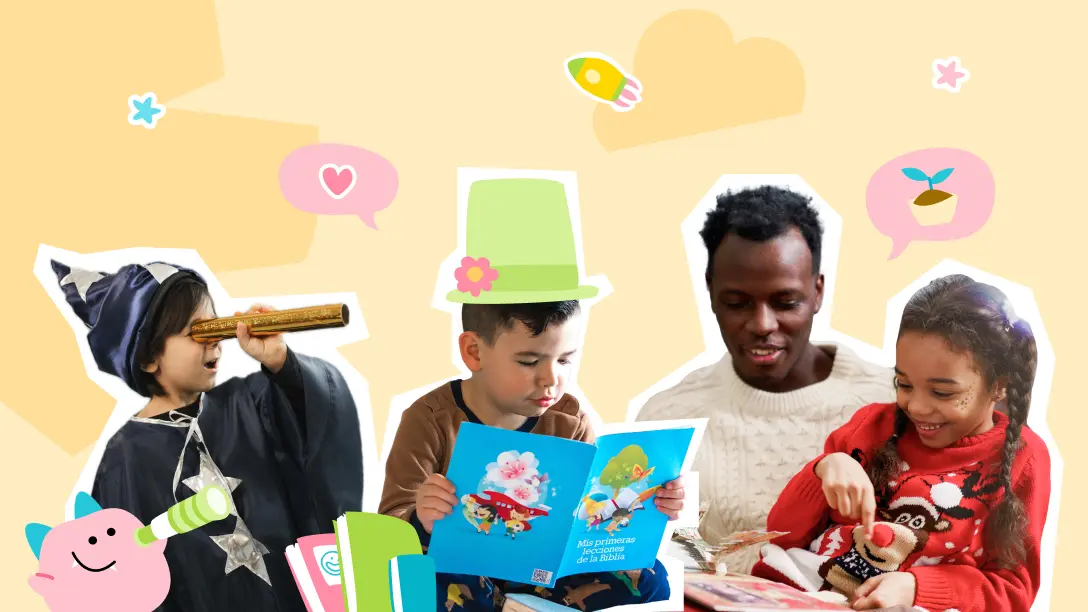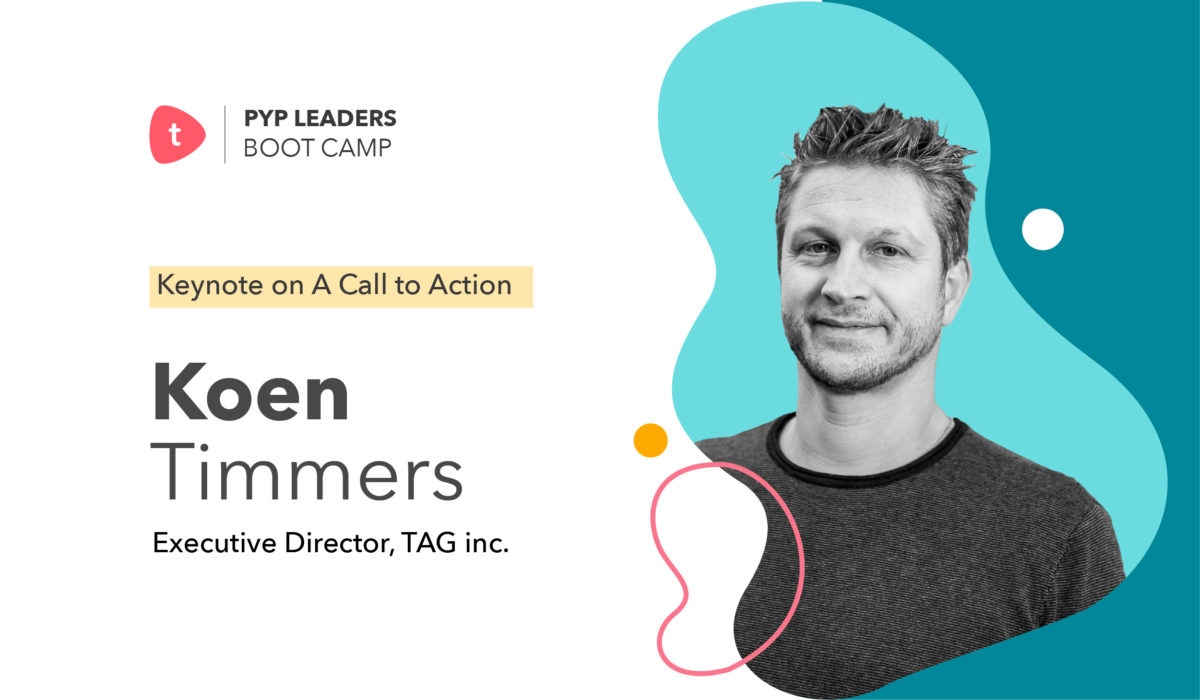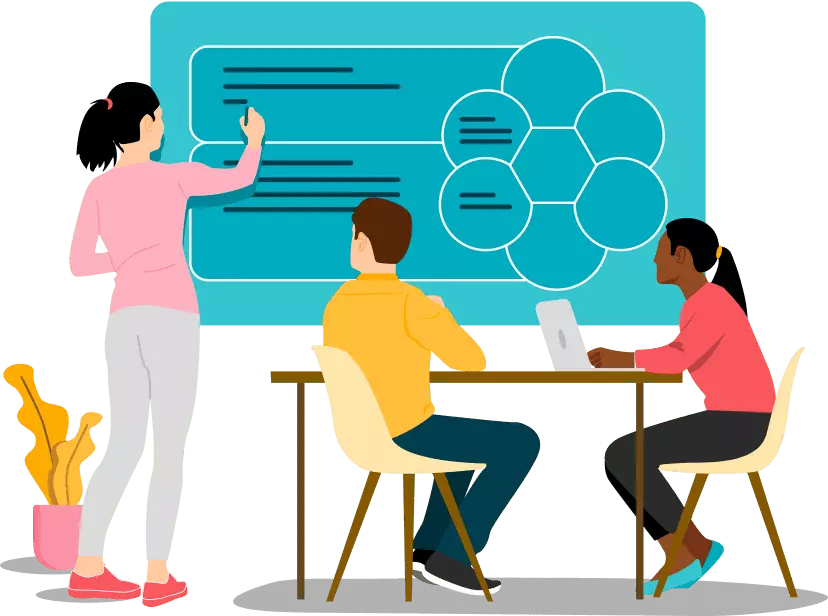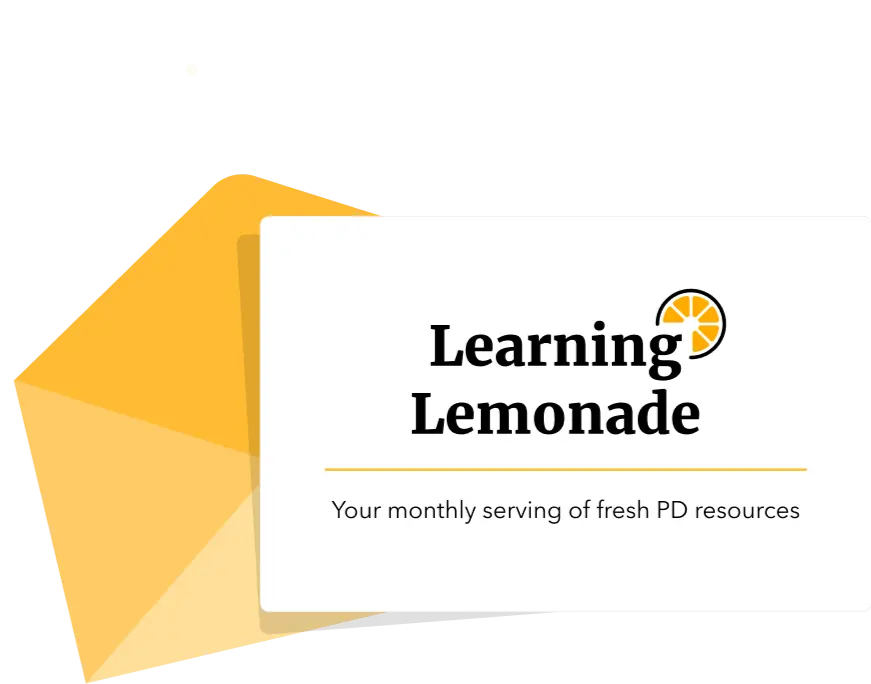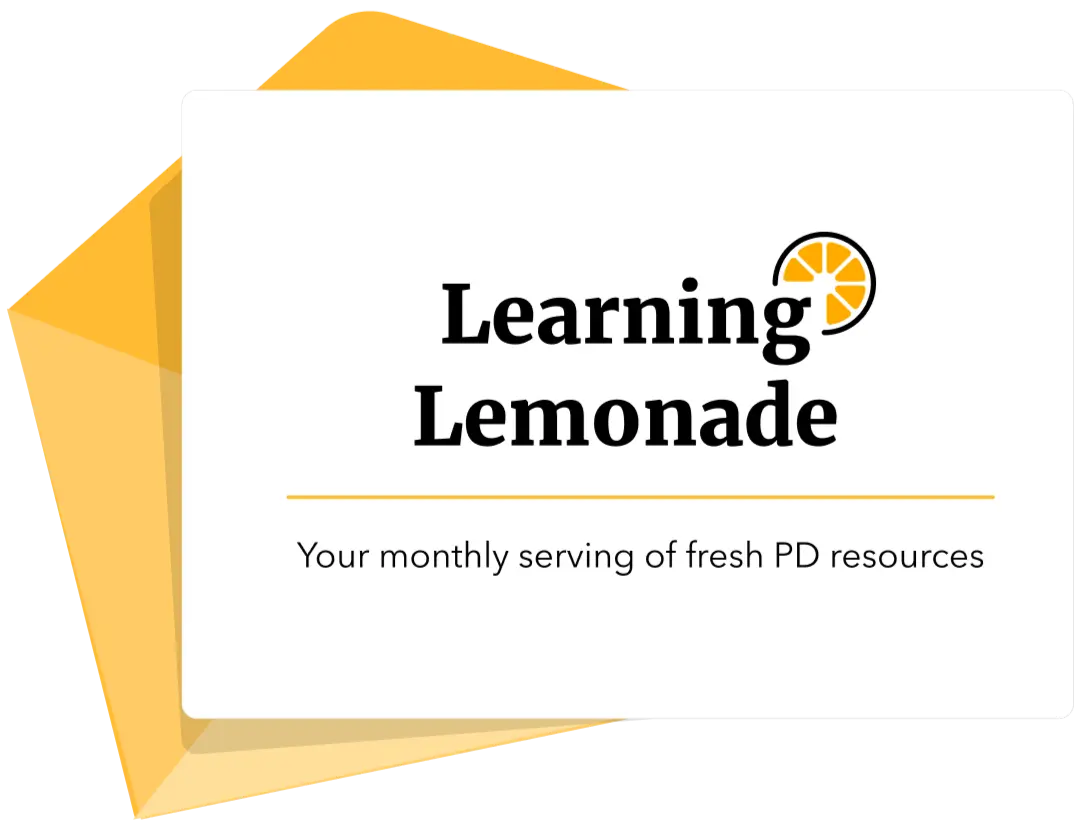Preparing Students for the Future: Bridging the Gap Between Skills and the Curriculum
As the world continues to change at an unprecedented pace, the question of whether schools are truly preparing students for the demands of the future workforce has come into focus. The tension between a traditional curriculum, grounded in content and standardised testing, and the increasing demand for skills such as communication, adaptability, and critical thinking, has sparked significant debate. How can schools evolve to balance the preservation of essential academic knowledge with the cultivation of these critical “power skills” needed to thrive in a 21st-century, technology-driven world?
The historical context
The roots of modern education systems are deeply entwined with the industrial needs of the past. In England, the Elementary Education Act of 1870 laid the foundation for universal education, prioritising literacy and numeracy to meet the workforce requirements of the Industrial Revolution and the British Empire. The curriculum’s design was influenced by the values of efficiency and uniformity—principles reflected in Taylorism—and it served its purpose well for its time.
However, the world of coal, steel, and textiles has given way to one dominated by artificial intelligence, automation, and digital innovation. Despite these seismic shifts, much of the curriculum remains frozen in time, leaving educators and policymakers grappling with the challenge of reimagining education for an era of unprecedented change.
The current curriculum: A double-edged sword
Traditional curricula excel at delivering foundational knowledge. Yet, they often emphasise rote memorisation and standardised assessment, leaving little room for fostering creativity, problem-solving, or collaboration. While reforms like England’s knowledge-rich curriculum introduced in 2014 have sought to solidify core academic foundations, critics argue that such approaches risk neglecting the broader skills required for modern life.
As cognitive scientist Daniel Willingham notes in Why Don’t Students Like School?, “In order to think, you need something to think about.” Factual knowledge provides the context for critical thinking and problem-solving, yet the growing consensus is that these skills must be developed alongside content knowledge, not in isolation.
The growing demand for skills
Modern employers increasingly prioritise skills over academic credentials. Research from LinkedIn reveals that 92% of employers value life skills such as adaptability, emotional intelligence, and communication as critical to hiring decisions. These “power skills” are essential in navigating a world where remote work, cross-functional collaboration, and technological fluency are the norm.
The OECD’s Learning Compass 2030 underscores the importance of cognitive, social-emotional, and practical skills, alongside disciplinary knowledge. In essence, the ability to learn, unlearn, and adapt has become as critical as what one knows. For students, this means developing resilience, teamwork, and ethical decision-making to complement their academic achievements.
Challenges in implementation
Despite widespread recognition of the need to bridge the gap between skills and the curriculum, practical implementation remains a significant hurdle. Many educators report being overburdened by existing demands, leaving little capacity to integrate new priorities into an already crowded timetable.
The lack of flexibility in assessment frameworks compounds the issue. High-stakes testing often forces educators to prioritise test preparation over broader skill development. As one teacher put it, “We teach the test, not the child.” Addressing this requires a systemic shift, moving from narrow accountability measures to more holistic evaluations that capture a student’s full range of abilities and potential.
Discuss your strategic priorities and digital challenges with Al Kingsley at the School Leaders Meetup, London on March 7, 2025.
Register for free here
Rethinking education for a skills-driven world
To prepare students for the future, schools must adopt a more integrated approach, blending academic content with opportunities for skill acquisition. Problem-based learning (PBL) offers a promising model, encouraging students to tackle real-world challenges collaboratively. This approach not only deepens understanding of the subject matter but also fosters those core skills, critical thinking, creativity, and communication.
Taking that a step further, the curriculum needs to embrace digital literacy as a foundational skill. The ability to navigate, evaluate, and create digital content is no longer optional in a world where technology permeates every aspect of life. This includes teaching students about cybersecurity, ethical AI usage, and managing misinformation—critical competencies for the digital age.
Building agency alongside skills
Developing skills without agency and the ability to apply them effectively risks falling short of true progress. Agency involves equipping students with the confidence and autonomy to navigate complex and unpredictable environments. Initiatives such as the Greater Manchester Baccalaureate exemplify how skills can be seamlessly integrated into the curriculum. By prioritising work, life, and social skills alongside technical and academic learning, these frameworks offer a pathway for holistic development that resonates with the demands of the future workplace.
A holistic vision for education
The call for reform is not an argument against knowledge or traditional academic rigour. Instead, it is a recognition that education must evolve to remain relevant. As Sir Ken Robinson observed in Creative Schools, “The current system was designed for a different age. It’s not about tweaking the model—it’s about transforming it.”
So, to move forward, we really need to:
- Reframe skills as essential: Soft skills are not supplementary; they are indispensable. Communication, adaptability, and critical thinking must be embedded across all subjects.
- Prioritise digital literacy: Start early, integrating technology with real-world applications to prepare students for digital futures.
- Adopt flexible pathways: Introduce micro-credentials and alternative assessments that recognise diverse forms of achievement.
- Foster resilience and wellbeing: Create environments that support mental health and teach students to navigate challenges with grit and determination.
- Empower educators: Provide teachers with the training and resources to innovate, balancing accountability with professional autonomy.
The way forward
Preparing students for the future requires more than incremental changes. It demands a bold reimagining of what education can be. By bridging the gap between skills and the curriculum, schools can nurture well-rounded individuals equipped to thrive in a complex and dynamic world. This is not just an educational imperative; it is a moral one, ensuring that every child has the tools they need to shape their own futures—and ours.
Discuss your strategic priorities and digital challenges with Al Kingsley at the School Leaders Meetup, London on March 7, 2025.
Register for free here
References
1. “The Education Act,” UK Parliament, 1870. [Online]. Available: https://www.parliament.uk/about/living-heritage/transformingsociety/livinglearning/school/overview/1870educationact/.
2. Sir Ken Robinson, Creative Schools: The Grassroots Revolution That’s Transforming Education, Penguin Books, 2016.
3. S. Giraud-Reeves, “The facts of the matter: England is shifting to a ‘knowledge-rich curriculum’,” Social Market Foundation, 2021. [Online].
4. D. T. Willingham, Why Don’t Students Like School?, Jossey-Bass, 2021.
5. LinkedIn, “Life Skills Research”, 2023. [Online].
6. OECD, “Learning Compass 2030,” 2019. [Online]. Available: https://www.oecd.org/content/dam/oecd/en/about/projects/edu/education-2040/1-1-learning-compass/OECD_Learning_Compass_2030_Concept_Note_Series.pdf.
7. Education Endowment Foundation, “High Stakes Testing Impact”, 2022. [Online].
8. Teacher interview, anonymised, 2024.
9. H. G. Schmidt and J. H. Moust, “Factors affecting small-group tutorial learning: A review of research,” Routledge, 2000.
10. Digital Literacy Framework, 2023. [Online].
11. Learning Compass Research, OECD, 2021. [Online].
12. J. Sibbald, “Greater Manchester’s MBacc: What digital skills education could look like,” AQi, 2023. [Online].
13. Sir Ken Robinson, Creative Schools, 2016.





